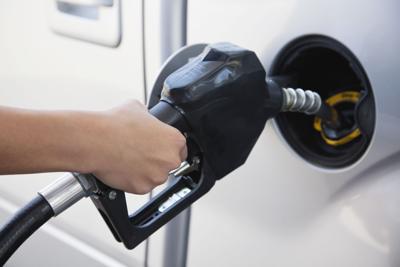Gas Station Safety
Most people are so used to regularly pumping gas for their vehicles that they forget that they are actually in a potentially dangerous situation. Because gasoline is so highly flammable, any contact with sparks, flames, or even sources of high heat can cause it to ignite the fumes in the air or the gasoline at the ground around a station. If gasoline comes into contact with sparks or flames, serious explosions or fires can occur, causing not only devastating property loss but also serious and even fatal injuries.
It is important for everyone to be more aware of the serious dangers of the gas pump and to take proper safety precautions to reduce the risk of injury or death due to preventable fires or explosions. Sadly, many people simply do not understand the dangers involved with filling up their tanks, while others simply fail to take their own safety and that of others nearby into account. The next time you visit a fuel station to fill up your tank, it is important to remember these gas station explosion dangers and to take steps to prevent them:
1. Do not smoke near a gas pump or a gas station. The flame from your lighter, the ash of your cigarette, or the cigarette butt can cause gasoline vapors in the air or fuel that has spilled onto the ground to catch fire. This fire can eventually result in an explosion if it comes into contact with a vehicle’s fuel tank.
2. Never fuel up your vehicle while your engine is running. Many people fill up their fuel tanks without turning off their vehicles. However, this puts them at serious risk for fires and explosions if a spark or flame comes in contact with the fuel source.
3. Avoid creating static electricity near the fuel pump. Static electricity can cause a spark that ignites a fuel pump, destroying your vehicle and the entire station. Although this type of fire is rare, it has caused serious injury and even death in the past. Avoid creating static electricity by grounding, or discharging, any static from your body by touching something metal before handling the gas pump.
By understanding how to stay safe at the pump, you can protect yourself, your loved ones, and everyone else at the station from the risk of serious burns and other injuries caused by a sudden fire or explosion.

Article Source: Karen Whitehurst; Ezine
